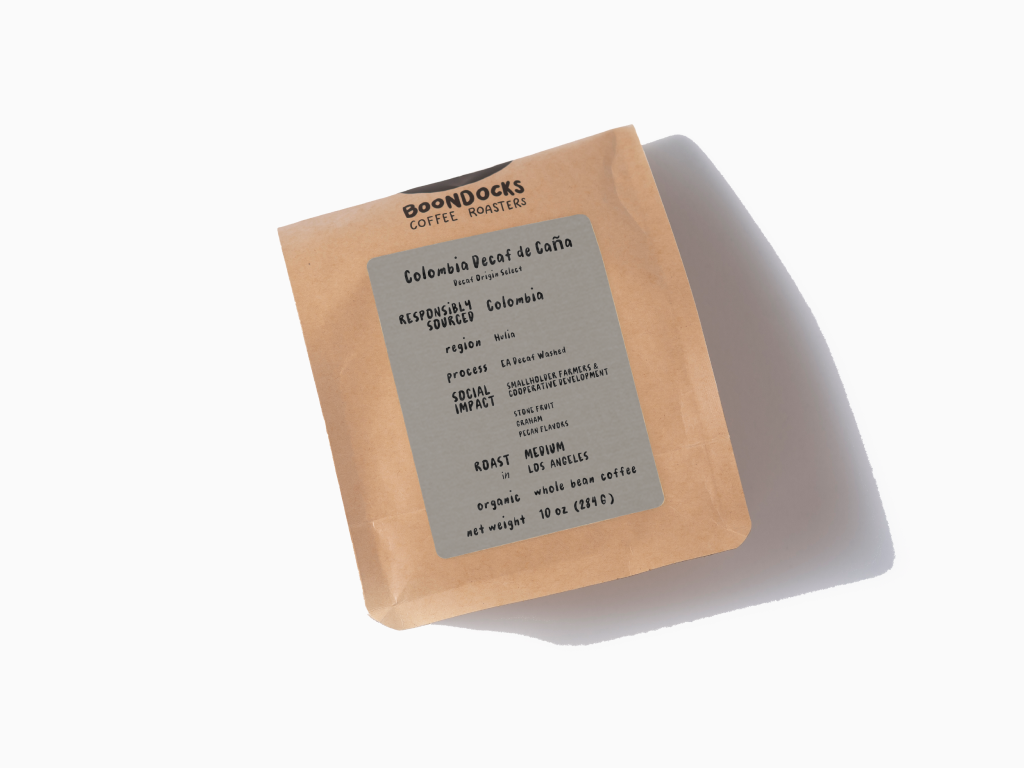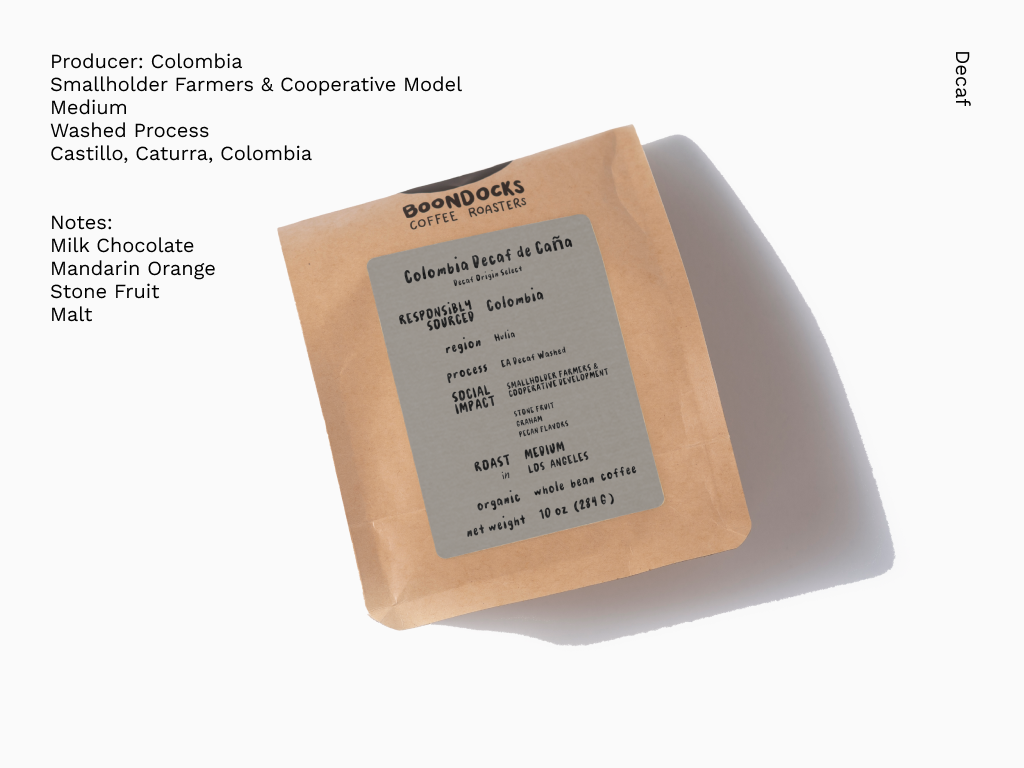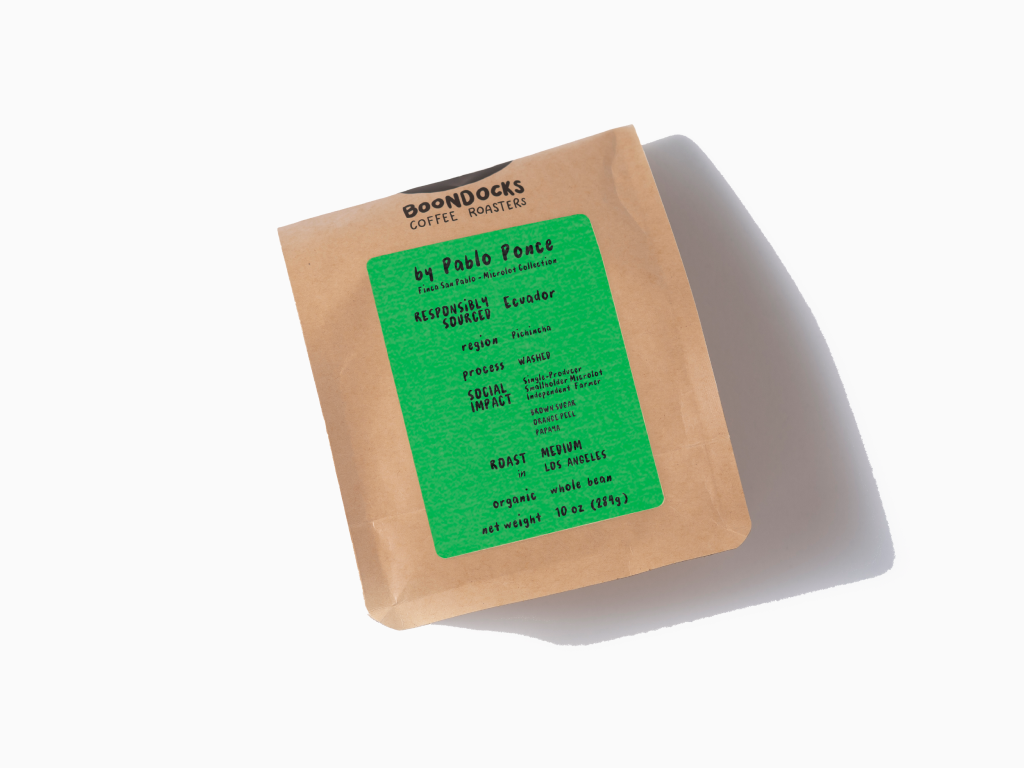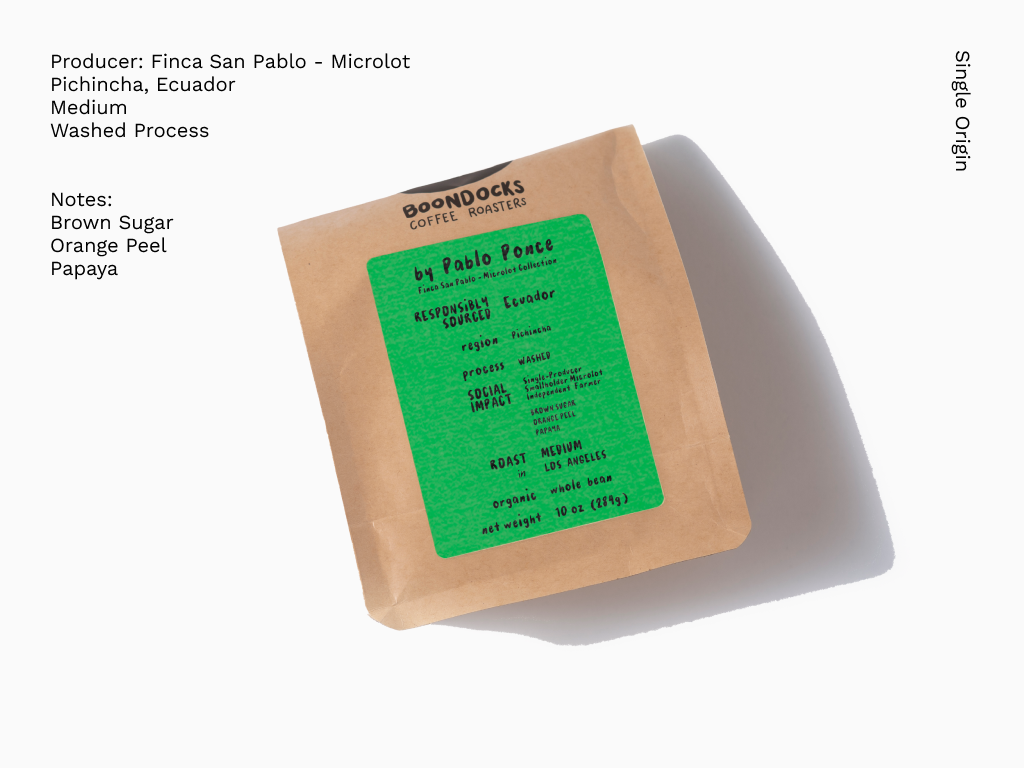THE BOONIES SUBSCRIPTION CLUB
Join our Coffee Subscription Club and experience premium, handpicked beans delivered right to your door. Discover a new coffee adventure each delivery, and enjoy the convenience of never running out of your favorite blends.
Sip, savor, and elevate your mornings!
Pick a schedule you’d like:
In the Philippines, Kapeng Barako is a breakfast staple
Kapeng Barako delivers a rich, creamy mouthfeel that coffee enthusiasts enjoy. Its most notable characteristics include a bold tropical fruit aroma and an exceptionally smooth texture. Flavor notes feature jackfruit, nutmeg, roasted peanuts, and dark chocolate, with 25% less caffeine than typical Arabica varietals. The beans are one of the rarest types, easily recognizable by their almond shape and captivating aroma.
With naturally low acidity, Kapeng Barako is a great choice for those with digestive sensitivities or acid reflux. Additionally, its lower caffeine content makes it an excellent option for individuals looking to reduce their caffeine intake or enjoy a flavorful mid-day brew without worrying about sleep disruption.
Liberica coffee holds a significant place in the Philippines’ cultural and economic history:
Introduction: Spanish friars first introduced Liberica coffee to the Philippines in the 1740s.
Coffee Boom: During the late 19th-century coffee boom, the Philippines’ climate and fertile soil proved ideal for growing Liberica.
Coffee Leaf Rust: In the 1890s, coffee leaf rust devastated Arabica crops worldwide. In response, the Philippines turned to Liberica, whose plantations fared better than those of Arabica or Robusta.
Today: Though Liberica coffee is still grown, it’s primarily consumed locally, with Batangas and Cavite as the leading producers.
In the Philippines, Kapeng Barako is a breakfast staple, traditionally roasted dark and enjoyed for its bold flavor profile, with notes of jackfruit, dark chocolate, and a smoky finish. Known as “kapeng barako,” the term reflects its strong, macho character.
Interestingly, Liberica coffee traces its origins back to the forests of West Africa, particularly Liberia, Ivory Coast, and Sierra Leone.
The Lipa Coffee Growers Association in Southern Luzon
The Lipa Coffee Growers Association in Southern Luzon (the main island of the Philippines) pride themselves on producing an excellent, unique cup of this rare coffee species through the best harvesting and processing practices. It is a group of smallholding farmers who work together to grow, harvest & process specialty liberica coffee.


















